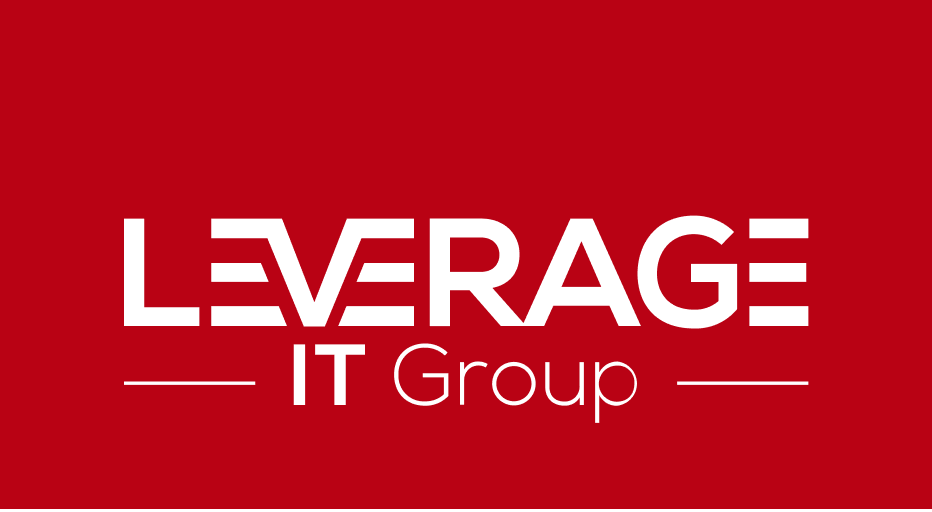In a nondescript car in a parking lot, “the boy next door” hunkers over a computer keyboard. He types swiftly. With a final glance at the screen, he hits “Enter” and smiles. He just hacked into your computer network and stole all of your customers’ credit card information.
Think it can’t happen to you? Think again. Based on the number of newspaper headlines about identity theft and corporate security breaches, all businesses—even small businesses—need to secure their computer networks. The good news is that it doesn’t cost thousands of dollars to give yourself peace of mind. Here are some things you can do to protect yourself against hackers.
Internet Connection
Your computer network should have a dedicated firewall. With a business-class firewall, you can set up specific rules that block Internet traffic to questionable IP addresses. Keep in mind that simply having a firewall isn’t enough; you have to configure it properly and password-protect the administrative console. Additionally, if your office has a VPN (Virtual Private Network) that gives employees the ability to access the company’s computer network remotely, the VPN needs to be password-protected as well.
Wireless Network
First of all, make sure that the administrative console for your wireless network is password-protected. Next, make sure that people trying to connect to your wireless network are prompted to enter a password or WPA (Wi-Fi Protected Access) code. WPA is a wireless encryption protocol that is intended to protect the information you send and receive over a wireless network. It also prevents strangers from logging in to your wireless network anonymously.
If you want to be really secure, you can limit access to your network by using MAC (Media Access Control) numbers. MAC numbers are allocated by manufacturers to network-enabled devices. MAC filtering prevents unauthorized devices from accessing your network. Assistance from your IT provider will probably be necessary to set this up.
Computers/Servers
You already know that your personal computer needs to be password-protected. What you may not know is that your server needs to be password-protected as well. Additionally, if you are sharing files on your server, you need to set up permissions that dictate which employees have access to sensitive files. For example, you don’t want your staff in Shipping to have access to payroll spreadsheets.
Finally, make sure that your server is located in a physically secure room or closet to protect against theft. If your server is stolen and sensitive data is disclosed, you could be held liable. You should also encrypt the hard drives on your server to prevent thieves from removing the hard drives and manually exporting the data.
Don’t wait for the unthinkable to happen before you take action. Protect your computer network today; you’ll have no regrets tomorrow.
